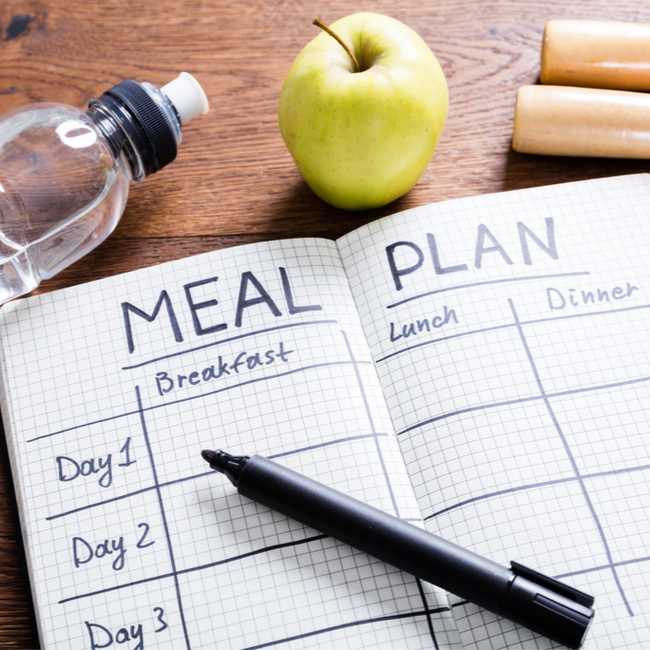
1. Cutting Too Many Carbs From Your Diet (Or At A Fast Rate)
While the Keto diet is designed to be low-carb, your body still does need carbohydrates for a well-balanced diet and an energy source, Richards says. Cutting them all or a large amount from your diet at once can leave you feeling depleted. If you are to limit carbs in your diet, this has to be a gradual change, not instant, as your body needs time to adjust. A big part of this, she says, is knowing the difference between refined and complex carbohydrates.
The latter, she says, are "slow-burning carbohydrates that give sustained energy." They also produce serotonin, she notes, "which can help manage stress, a factor that can cause fatigue and low energy." Complex carbohydrates are found in foods like whole grains, beans, peas and other veggies. Refined carbohydrates on the other hand, she explains, are found in many pastries, frozen foods, and other processed items, leaving you feeling "bloated" or more apt to gain weight.
“Some of the negative aspects of the ketogenic diet include skin rash, dangerous ketoacidosis, brain fog, severe diet restriction, and potential for increased cholesterol,” warns nutritionist Lisa Richards.
"While the body requires carbohydrates to be adequately fueled, today's standard diet is providing more than necessary and most often in the form of refined and highly processed foods made from flour," Richards says. Carbohydrates, she adds, are still an "essential part of anyone's diet and don't have to be severely restricted to experience weight loss." A moderate carbohydrate intake that is from "unrefined sources can make an excellent addition to a weight loss diet," she says, and can still be part of a healthy Keto diet.
2. Counting Carbs While Neglecting Overall Food Quality
While prioritizing fat over carbs is essential for this diet, ensuring that the foods you are eating are of good quality is just as (if not more) important, Hunnes says. (For example, simply making sure you're eating as little carbs as possible while not looking more into the other foods you are consuming will not help you get to your end goal and lose weight healthily!)
"Most people want to lose weight at exceptional rates, like several pounds per week," Hunnes says, "but that is not a healthy way to lose weight, nor a sustainable way to lose weight, which is often from crash dieting and way too few calories." With that said, Hunnes recommends having a more realistic mindset (like striving for even 1 pound per week or firstly creating meal plans for yourself to consume more vitamins and minerals before doing anything else).
"When we follow a primarily whole, plant-based diet, we are at lower risk for and may prevent a whole range of chronic diseases including heart disease, diabetes, certain cancers, and stroke to name a few," she explains. "Many of these diseases are also associated with inflammation, which is frequently associated with the foods that we eat." The foods that most often contribute to inflammation and weight gain, she continues, "include animal products and ultra-processed foods."
The foods that most often contribute to anti-inflammation or healthy weight loss, include "whole, plant-based foods such as whole grains, nuts, seeds, legumes, fruits and vegetables."
While some of these foods might contain carbs, like we learned before, it's important to still eat carbs while practicing a Keto diet, and if you're limiting them, making sure you're getting enough nutrients from the foods you're pairing them with is just as vital for your weight loss goals.


